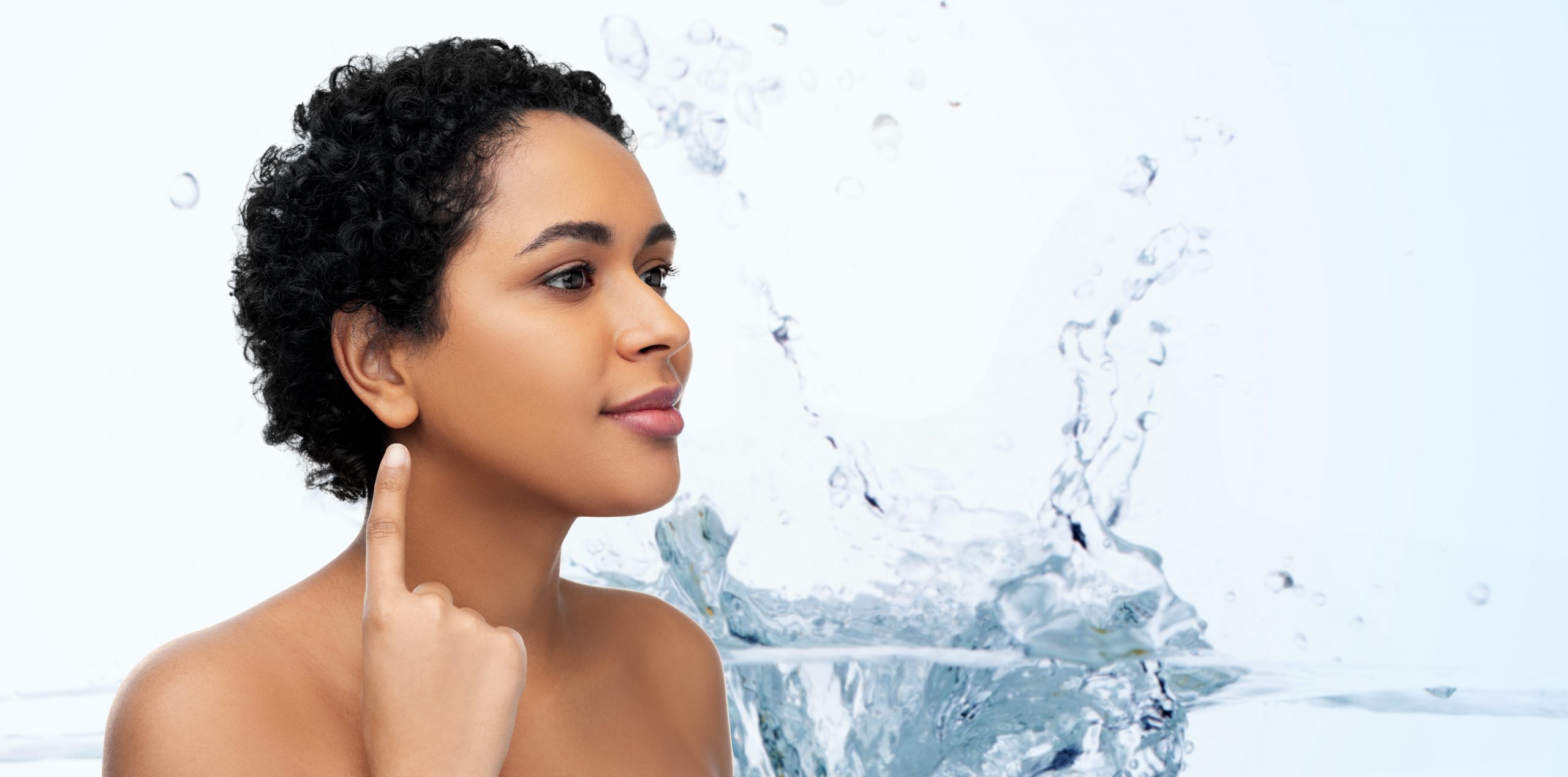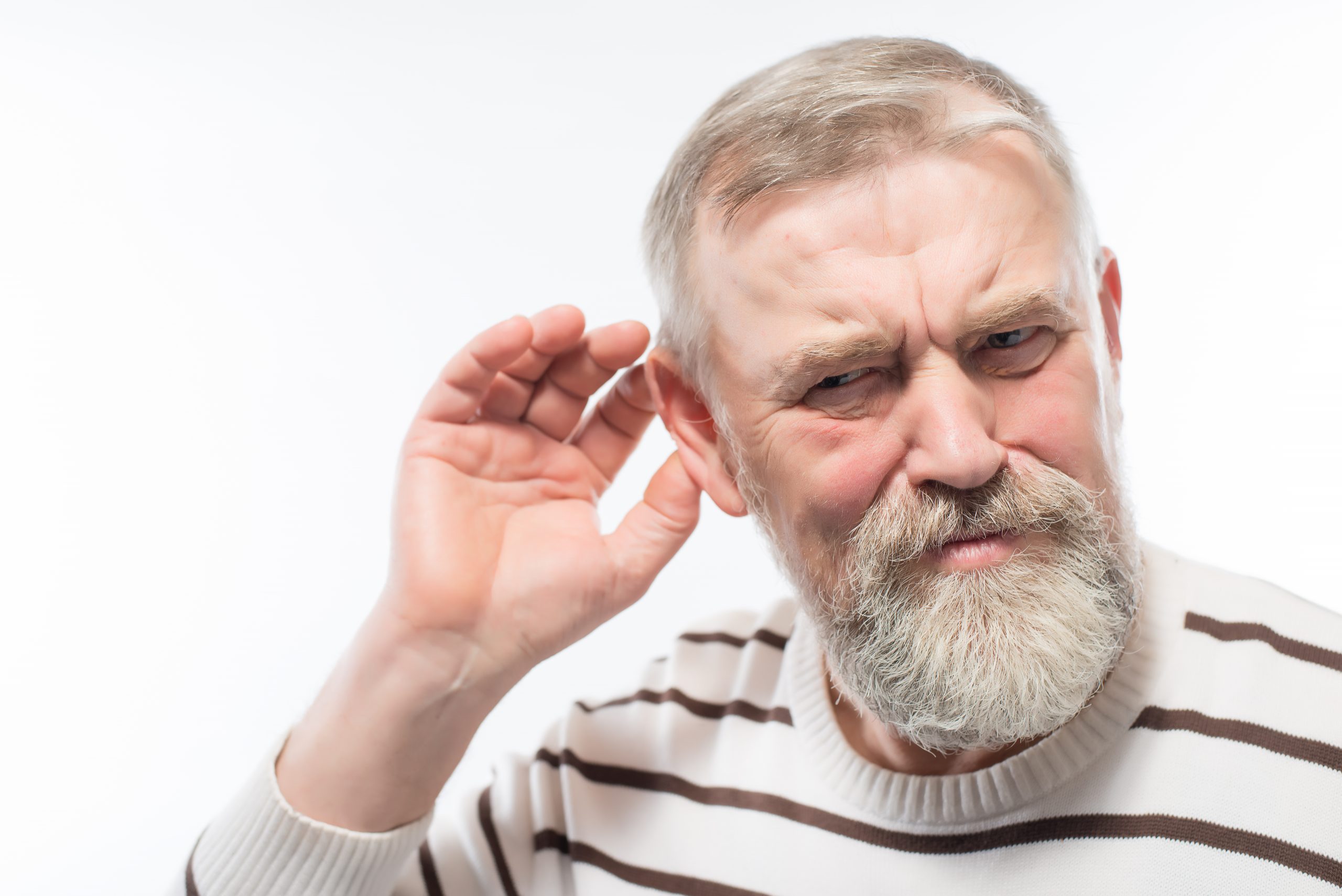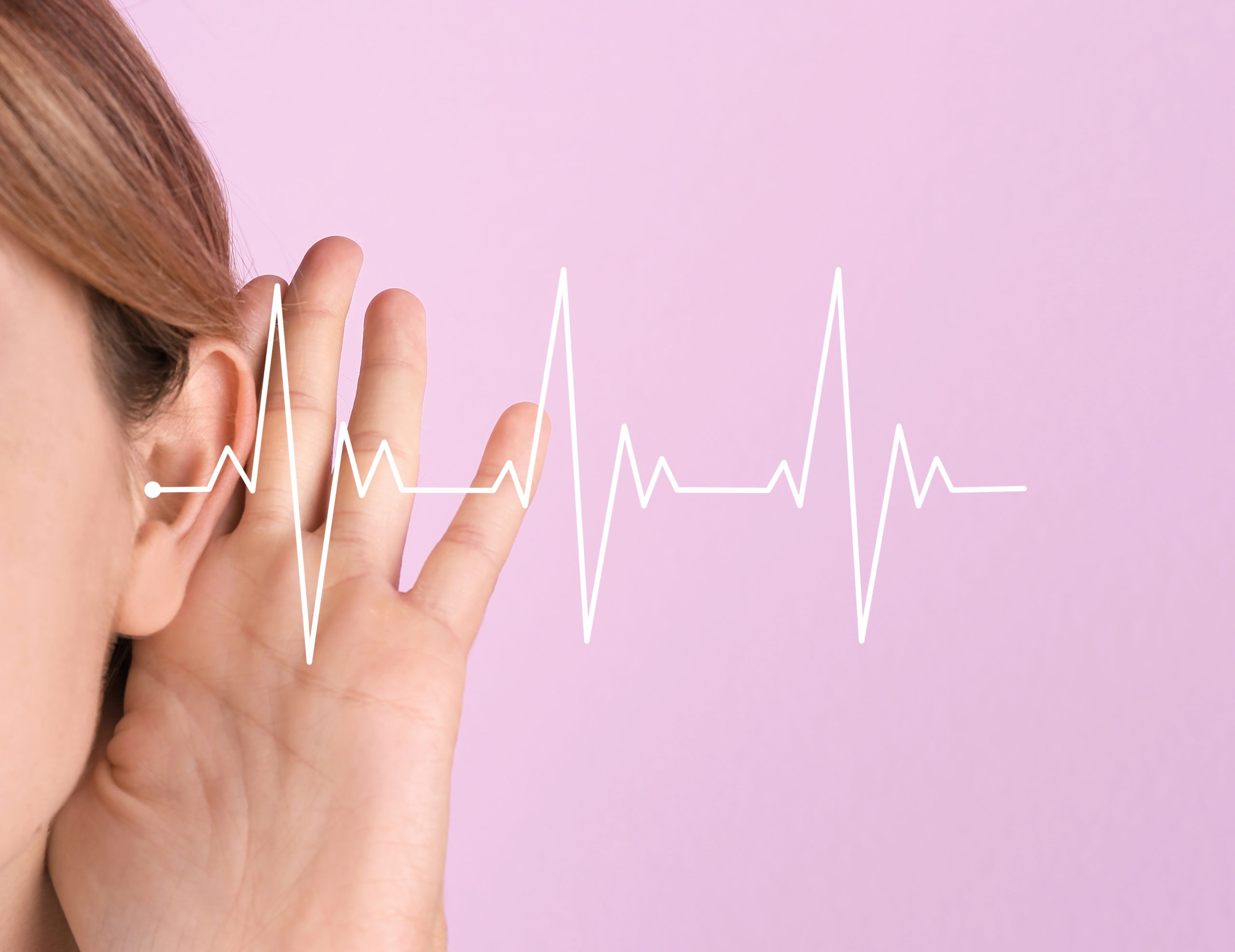When it comes to maintaining good health, proper hydration is often associated with benefits for the body’s overall well-being. However, hydration also plays a crucial role in preserving and promoting healthy hearing. In this article, we will explore the connection between hydration and hearing health and why staying hydrated is essential for optimal auditory function.
Understanding the Ear’s Structure:
To comprehend the impact of hydration on hearing, it’s essential to understand the basic structure of the ear. The ear consists of three main parts: the outer ear, middle ear, and inner ear. The inner ear houses the cochlea, a fluid-filled structure responsible for converting sound vibrations into electrical signals that can be interpreted by the brain.
The Importance of Fluid Balance:
Proper hydration is vital for maintaining the delicate fluid balance within the ear. The fluids in the inner ear, including the endolymph and perilymph, play a crucial role in transmitting sound signals effectively. When the body is adequately hydrated, these fluids remain at their optimal levels, allowing for smooth sound transmission and accurate interpretation.
Impact of Dehydration on Hearing:
Dehydration can lead to several adverse effects on hearing. Here are a few ways dehydration can impact auditory function:
- Decreased Blood Flow: Dehydration can cause a decrease in blood volume and restrict blood flow throughout the body, including the ears. Reduced blood flow to the inner ear can impair the delivery of oxygen and nutrients, affecting the health and function of the delicate auditory structures.
- Thickened Fluids: Inadequate hydration can lead to thickening of the fluids within the inner ear. Thickened fluids hinder the movement of the hair cells in the cochlea, which are responsible for converting sound vibrations into electrical signals. As a result, the brain receives distorted or incomplete signals, leading to compromised hearing.
- Increased Risk of Ear Infections: Dehydration weakens the body’s immune system, making it more susceptible to infections, including ear infections. Ear infections can cause temporary hearing loss and discomfort. Staying hydrated helps support the immune system’s ability to fight off infections and reduce the risk of such complications.
Tips for Maintaining Proper Hydration:
To support hearing health and overall well-being, here are some tips to ensure adequate hydration:
- Drink Ample Water: Make water your beverage of choice throughout the day. Aim to consume at least 8 cups (64 ounces) of water daily. Carry a reusable water bottle with you as a reminder to stay hydrated.
- Monitor Fluid Intake: Pay attention to your fluid intake, especially during hot weather or when engaging in physical activity. Increase your water consumption to compensate for fluid loss through sweating.
- Limit Dehydrating Beverages: Reduce your intake of dehydrating beverages such as caffeinated and sugary drinks. These can contribute to fluid loss and negatively impact hydration.
- Eat Hydrating Foods: Incorporate hydrating foods into your diet, such as watermelon, cucumbers, oranges, and strawberries. These foods have high water content and can contribute to overall hydration.
- Consider Humidification: In dry environments, especially during winter or in air-conditioned spaces, use a humidifier to add moisture to the air. This can help prevent dryness in the ears and maintain optimal fluid balance.
- Listen to Your Body: Pay attention to signs of thirst and ensure you respond promptly by drinking water. Additionally, monitor the color of your urine, as pale yellow urine is an indicator of proper hydration.
Remember that everyone’s hydration needs may vary depending on factors such as age, activity level, and climate. It’s always best to consult with a healthcare professional to determine the appropriate amount of fluids for your individual needs.
By prioritizing hydration, you not only support your overall health but





